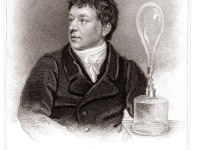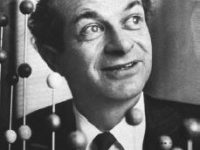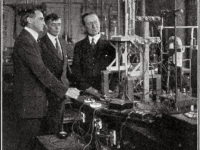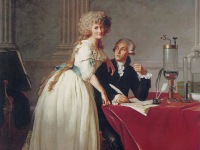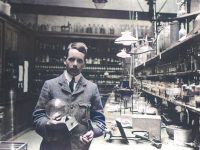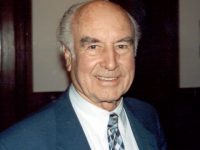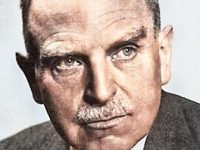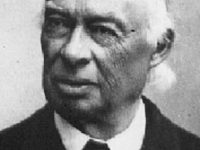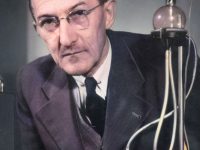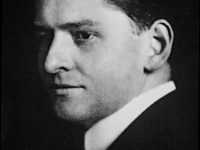Friedrich Accum and the Popularization of Chemistry
On March 29, 1769, German chemist Friedrich Christian Accum was born. Accum‘s most important achievements included advances in the field of gas lighting, efforts to keep processed foods free from dangerous additives, and the promotion of interest in the science of chemistry to the general populace. Youth and Education Accum was born in Bückeburg, Schaumburg-Lippe (near Hannover), where his father was in the service of Count Wilhelm von Schaumburg-Lippe. Friedrich’ father died,…
Read more

